SHORT STORIES
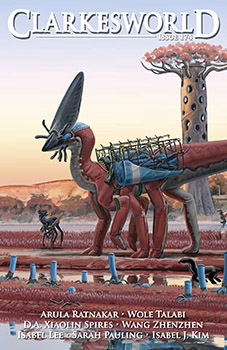 “The Orbiting Guan Erye” by Wang Zhenzhen, translated from the Chinese by Carmen Yiling Yan (Clarkesworld, March 1).
“The Orbiting Guan Erye” by Wang Zhenzhen, translated from the Chinese by Carmen Yiling Yan (Clarkesworld, March 1).
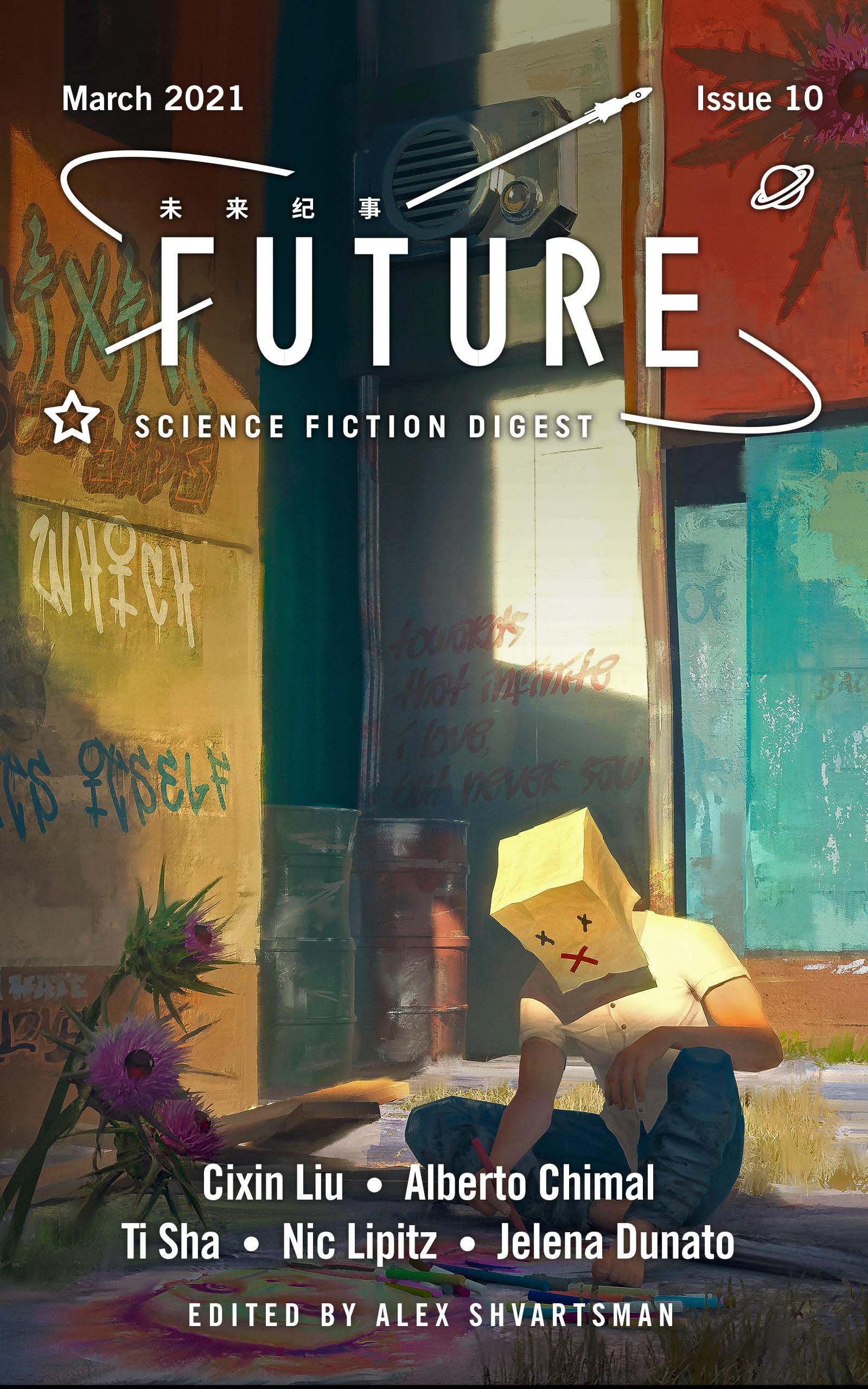 “The Second Celeste” by Alberto Chimal, translated from the Spanish by Patrick Weill (Future Science Fiction Digest, March 15)
“The Second Celeste” by Alberto Chimal, translated from the Spanish by Patrick Weill (Future Science Fiction Digest, March 15)
“The Two Festivals that Cannot Coexist” by Liu Cixin, translated from the Chinese by Nathan Faries (Future Science Fiction Digest, March 24)
NOVELS
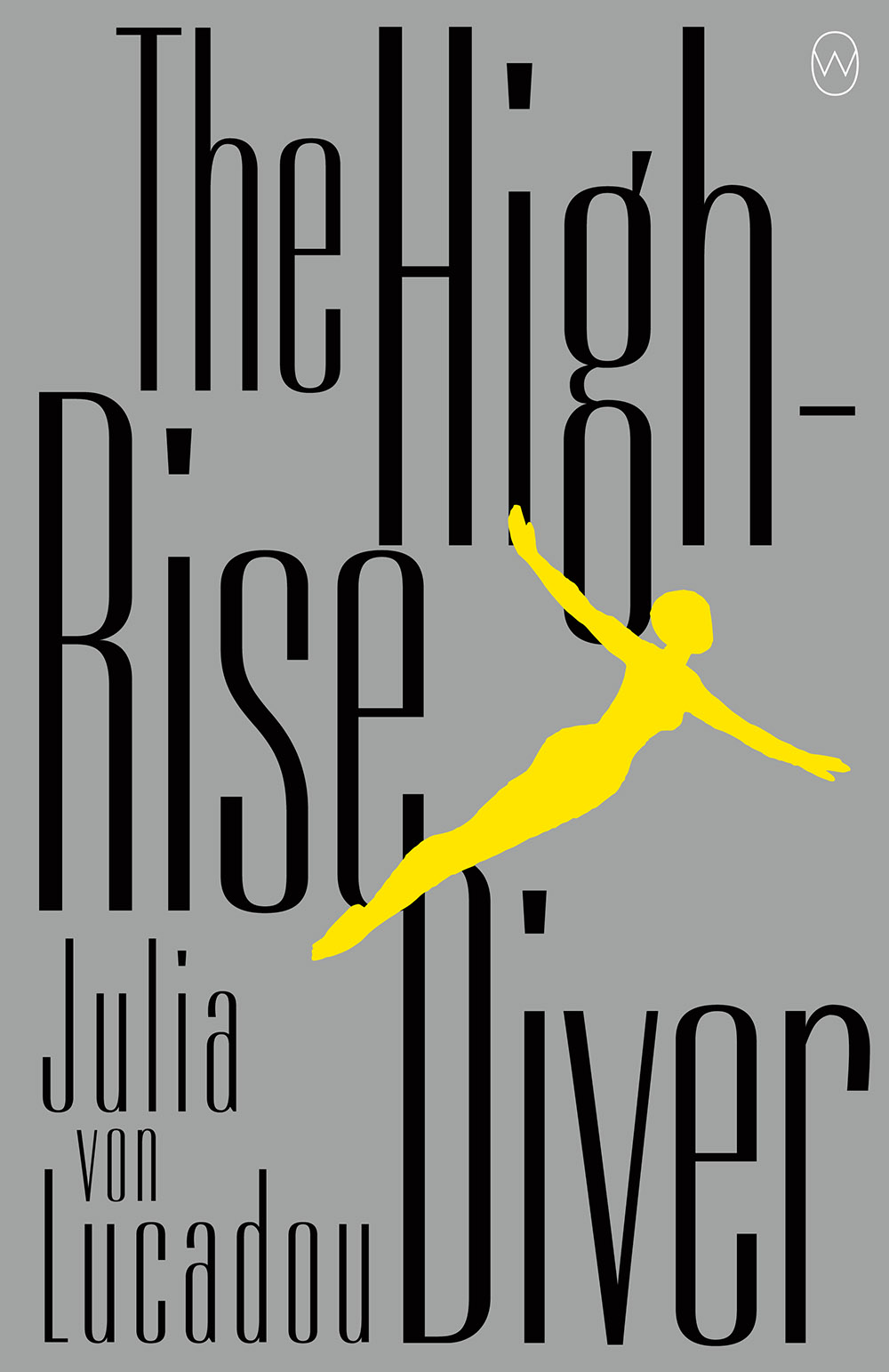 The High-Rise Diver by Julia von Lucadou, translated from the German by Sharmila Cohen (World Editions, March 2).
The High-Rise Diver by Julia von Lucadou, translated from the German by Sharmila Cohen (World Editions, March 2).
Riva is a “high-rise diver,” a top athlete with millions of fans, and a perfectly functioning human on all levels. Suddenly she rebels, breaking her contract and refusing to train. Cameras are everywhere in her world, but she doesn’t know her every move is being watched by Hitomi, the psychologist tasked with reining Riva back in. Unquestionably loyal to the system, Hitomi’s own life is at stake: should she fail to deliver, she will be banned to the “peripheries,” the filthy outskirts of society.
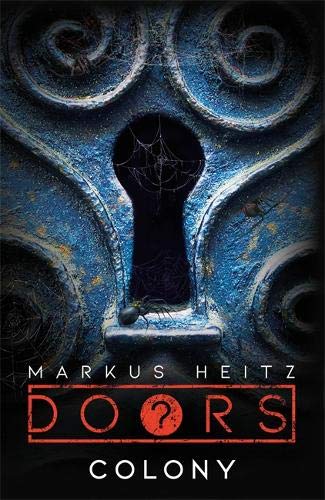 Colony (Doors #1) by Markus Heitz, translated from the German by Charlie Homewood (Jo Fletcher Books, March 4).
Colony (Doors #1) by Markus Heitz, translated from the German by Charlie Homewood (Jo Fletcher Books, March 4).
When his beloved only daughter goes missing, millionaire entrepreneur Walter van Dam calls in a team of experts – including free-climbers, a geologist, a parapsychologist, even a medium – to find her . . . for Anna-Lena has disappeared somewhere within a mysterious cave system under the old house the family abandoned years ago. But the rescuers are not the only people on her trail – and there are dangers in the underground labyrinth that no one could ever have foreseen.
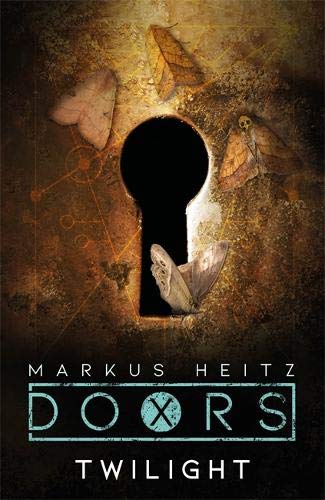 Twilight (Doors #2) by Markus Heitz, translated from the German by Charlie Homewood (Jo Fletcher Books, March 4).
Twilight (Doors #2) by Markus Heitz, translated from the German by Charlie Homewood (Jo Fletcher Books, March 4).
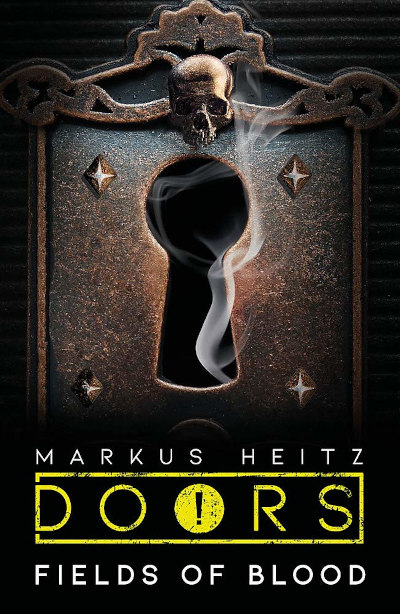
Fields of Blood (Doors #3) by Markus Heitz, translated from the German by Charlie Homewood (Jo Fletcher Books, March 4).
 The Lost Village by Camilla Sten, translated from the Swedish by Alexandra Fleming (Minotaur Books, May 23).
The Lost Village by Camilla Sten, translated from the Swedish by Alexandra Fleming (Minotaur Books, May 23).
Documentary filmmaker Alice Lindstedt has been obsessed with the vanishing residents of the old mining town, dubbed “The Lost Village,” since she was a little girl. In 1959, her grandmother’s entire family disappeared in this mysterious tragedy, and ever since, the unanswered questions surrounding the only two people who were left—a woman stoned to death in the town center and an abandoned newborn—have plagued her. She’s gathered a small crew of friends in the remote village to make a film about what really happened.
But there will be no turning back.Not long after they’ve set up camp, mysterious things begin to happen. Equipment is destroyed. People go missing. As doubt breeds fear and their very minds begin to crack, one thing becomes startlingly clear to Alice: They are not alone. They’re looking for the truth…But what if it finds them first?
 Love: An Archaeology by Fabio Fernandes, translated from the Portuguese (Brazil) by the author (Luna Press Publishing, March 26)
Love: An Archaeology by Fabio Fernandes, translated from the Portuguese (Brazil) by the author (Luna Press Publishing, March 26)
Fourteen stories, ranging from science fiction to weird, mixing future scenarios (on and off-Earth) and alternate realities, but in fact, they are essentially about one thing: love and its malcontents. A man who refuses to let death erase the memories of his loved ones; two time- travellers leaping through the aeons in a literal love-and-death relationship; a murderer in love with the ghost of his prey – and more.
COLLECTIONS
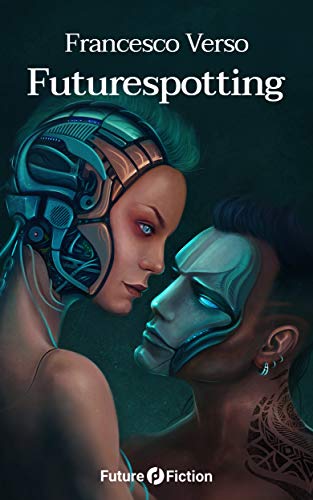 Futurespotting by Francesco Verso, translated from the Italian by Michael Colbert and Sally McCorry (Future Fiction, March 16)
Futurespotting by Francesco Verso, translated from the Italian by Michael Colbert and Sally McCorry (Future Fiction, March 16)
These are Francesco Verso’s first eleven short stories written between 2008 and 2020; inside you will find a kaleidoscope of visions of the future, ranging from augmented reality to artificial intelligence, from gamification to solarpunk, all the way to biotechnology and post-humanism.
 On the Origin of Species and Other Stories by Bo-Young Kim, translated from the Korean by Sora Kim-Russell and Joungmin Lee Comfort (Kaya Press, March 30)
On the Origin of Species and Other Stories by Bo-Young Kim, translated from the Korean by Sora Kim-Russell and Joungmin Lee Comfort (Kaya Press, March 30)
Straddling science fiction, fantasy and myth, the writings of award-winning author Bo-Young Kim have garnered a cult following in South Korea, where she is widely acknowledged as a pioneer and inspiration. On the Origin of Species makes available for the first time in English some of Kim’s most acclaimed stories, as well as an essay on science fiction. Her strikingly original, thought-provoking work teems with human and non-human beings, all of whom are striving to survive through evolution, whether biologically, technologically or socially. Kim’s literature of ideas offers some of the most rigorous and surprisingly poignant reflections on posthuman existence being written today.
ANTHOLOGIES
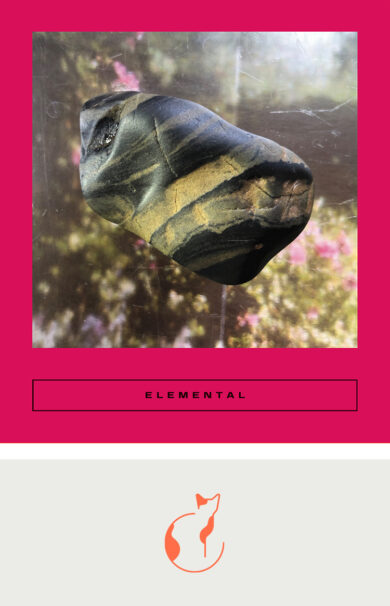 Elemental: Earth Stories, various translators (Two Lines Press, March 9)
Elemental: Earth Stories, various translators (Two Lines Press, March 9)
A family’s heirloom stones unearth a story spanning war, illness, and radioactivity. A pipeline installed to protect a town from flooding results in a howling that disturbs the townspeople. A political prisoner embarks on an epic flight toward freedom, literally blown like a kite in the wind. Is the world ours to make? Or is it the natural world that defines—even controls—us? A whirlwind of fantastic new writing from Japan, Iran, Madagascar, Iraq, Germany, and more, this latest installment of the Calico Series maps the intimate, ongoing relationship between human civilization and the environment. Featuring fiction and reportage from eight authors working in different languages, Elemental is an awesome collection that speaks of climate catastrophe, geological time, and mythology; it’s a global gathering of engaged, innovative eco-lit.
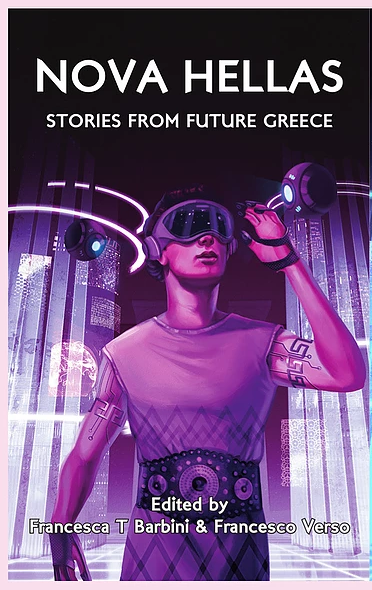 Nova Hellas: Stories From Future Greece edited by Francesca T. Barbini and Francesco Verso (Luna Press Publishing, March 30)
Nova Hellas: Stories From Future Greece edited by Francesca T. Barbini and Francesco Verso (Luna Press Publishing, March 30)
The stories in Nova Hellas take us on a dystopian, harsh journey. Yet their protagonists are resilient, cunning and resourceful. They reflect both the history of Greece itself, always surviving and rebuilding, always claiming a better tomorrow – and, perhaps, to a smaller degree, the stubbornness of Greek science fiction, which insisted on thriving in adverse circumstances and against much opposition
REVIEWS
 Rachel Cordasco reviews Jakarta on Strange Horizons
Rachel Cordasco reviews Jakarta on Strange Horizons
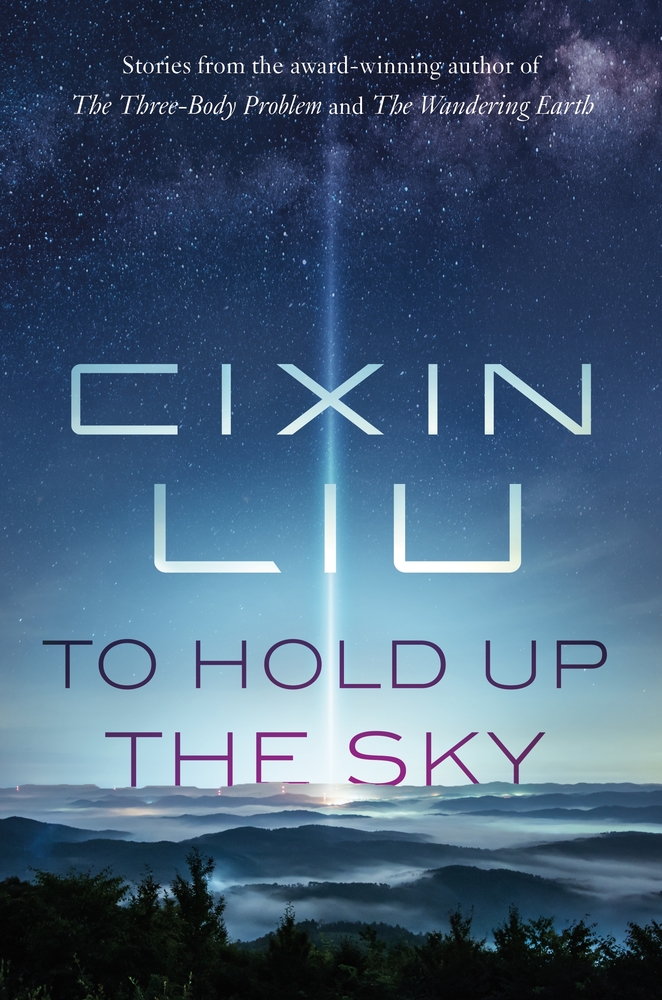 Rachel Cordasco reviews To Hold Up the Sky for World Literature Today
Rachel Cordasco reviews To Hold Up the Sky for World Literature Today
